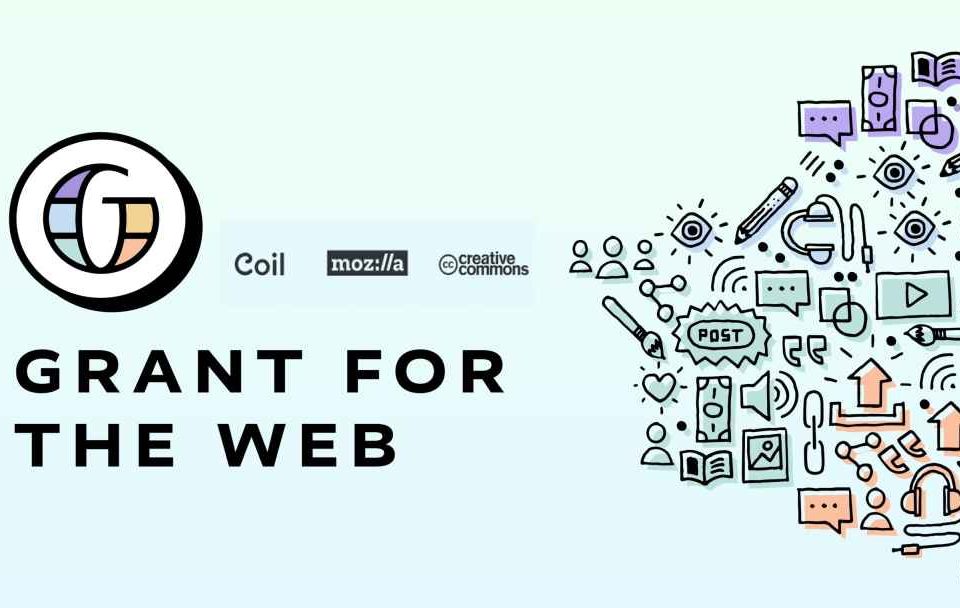Coil, Mozilla, and Creative Commons launch $100M Grant for the Web fund aims to create a new Internet without ads

With Facebook facing complaints overs its handling of Cambridge Analytica’s data scandal, millions of Internet users are now weary of big tech companies collecting their personal information. To attract these millions of these users, online publishers have adopted funding their online content with small consumer payments rather than intrusive and privacy-compromising ads.
The online publishers are not alone. Today, Coil, Mozilla and Creative Commons today launch a $100 Million Grant for the Web to empower individual creators and web monetization service providers while allowing users to directly support content they value.
The fund hopes to address some of the most serious problems facing the Web, including privacy abuses related to ads and unethical sponsored content, by fixing web monetization and disrupting content subscription services. According to the announcement, the Grant for the Web will award at least 50% of all grant dollars to proposed software projects and content projects that will be openly licensed.
“The web’s richness and diversity comes from its individual creators: writers, coders, musicians, podcasters, app makers, journalists. But in the current web ecosystem, big platforms and invasive, targeted advertising make the rules and the profit. Consumers lose out, too — they unwittingly relinquish reams of personal data when browsing content. That’s the whole idea behind ‘surveillance capitalism,'” said Mark Surman, Mozilla Executive Director. “Our goal in joining Grant for the Web, is to support a new vision of the future. One where creators and consumers can thrive.”
Grant for the Web operates as an independent, collaborator-led program funded 100% by Coil. While the activities and operations of this Coil-led project will be joined by founding contributing members Mozilla and Creative Commons, the collaborators welcome new members who want to join and support the program.
“We’re at a point where it’s clear there’s kinds of negative side effects for people and even for democracy of the data-driven ad economy that funds the internet,” says Mark Surman, executive director of the Mozilla Foundation.
In total, the collaborators expect the Grant for the Web Program to last 5 years, and disburse $100 million in grants over that time period. Special consideration will be given to projects that reflect the collaborators’ values of promoting a vibrant commons on the internet of shareable content; increasing users’ autonomy, privacy, and control over their own data; promoting diversity and inclusion on the internet; and increasing access to the full capacity of the internet, both for content consumption and content creation, for communities and individuals that have historically been marginalized, disadvantaged, or without such access.

